You Can Afford College
At Victor Valley, we believe all students deserve a world-class education they can afford.


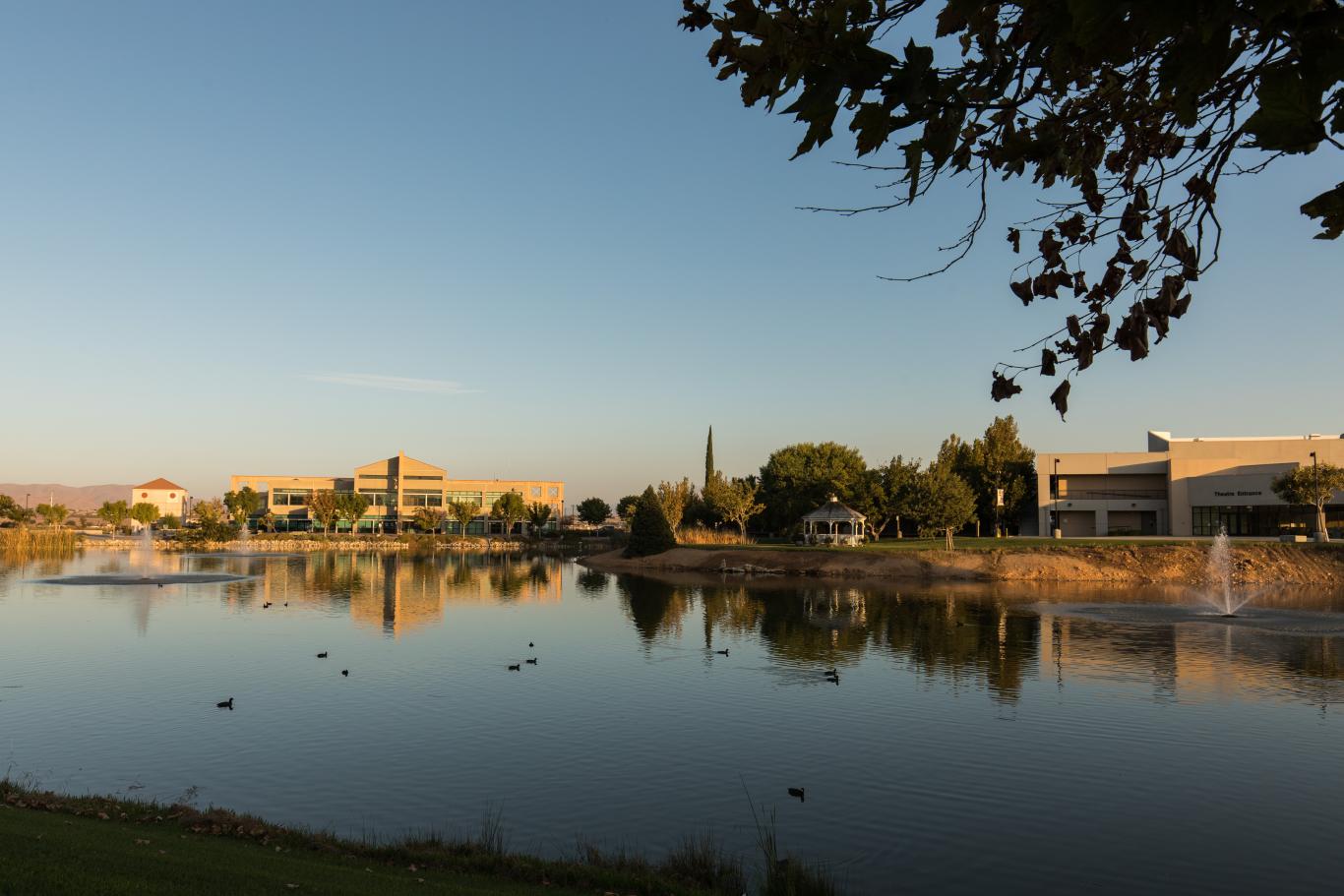
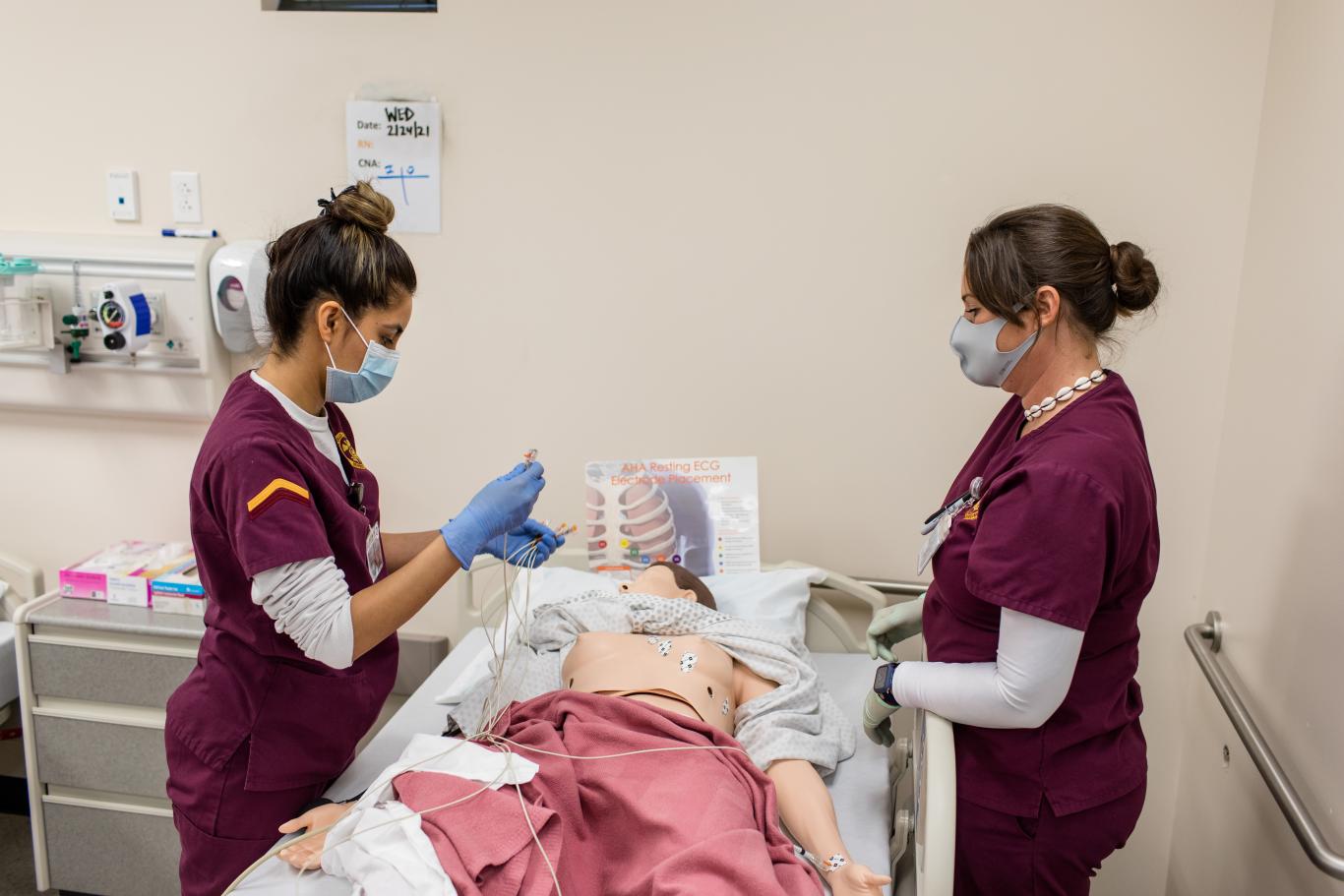
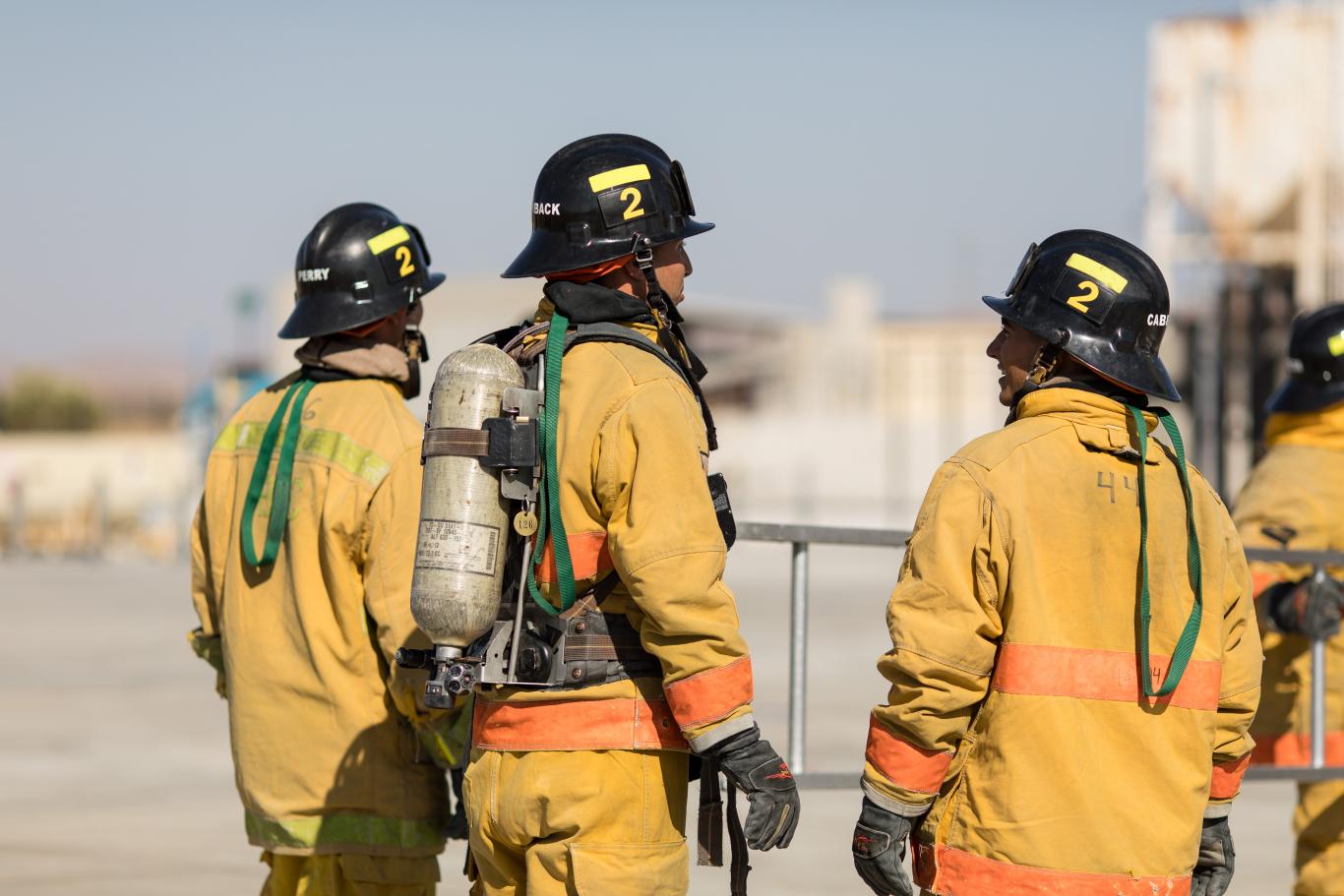

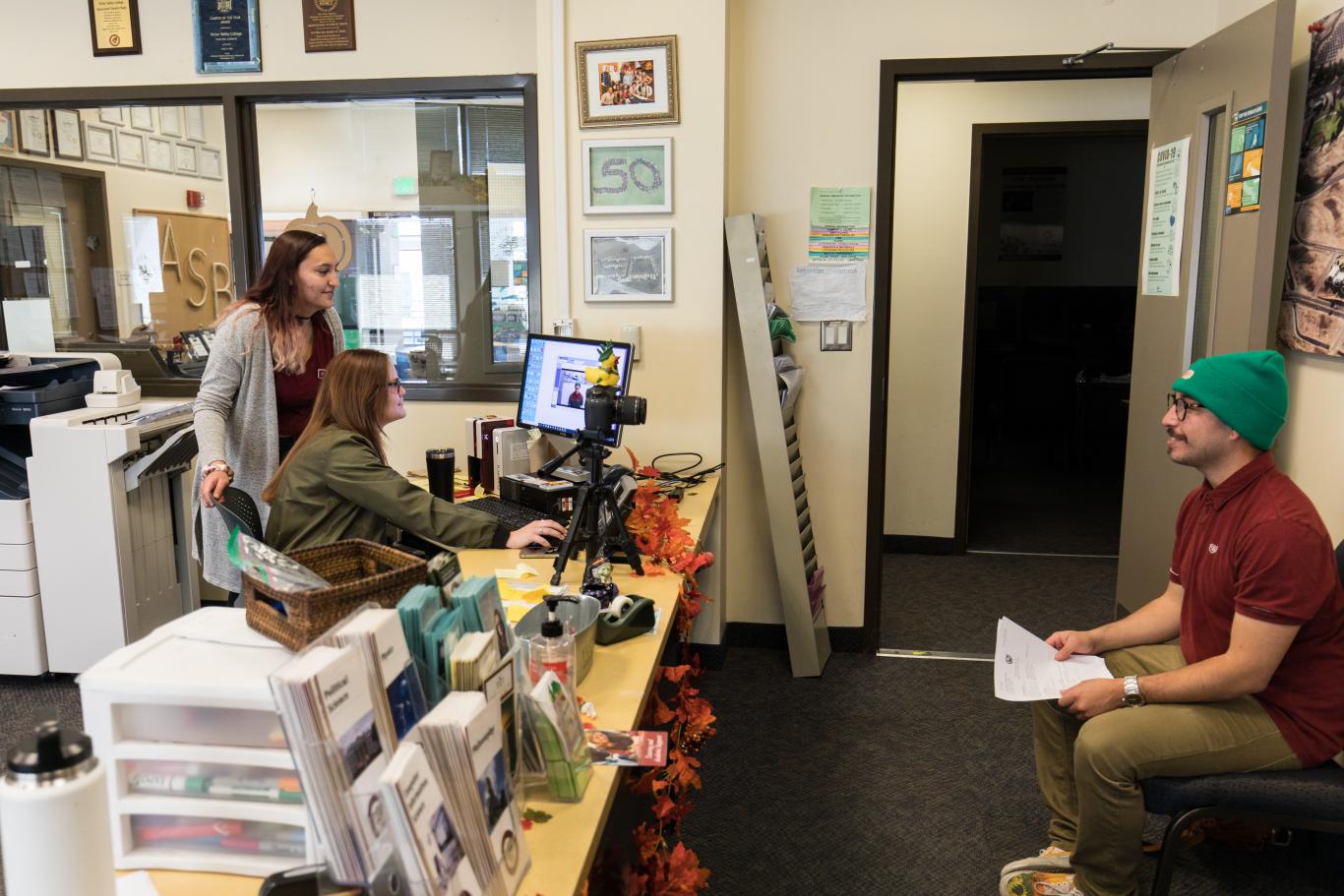


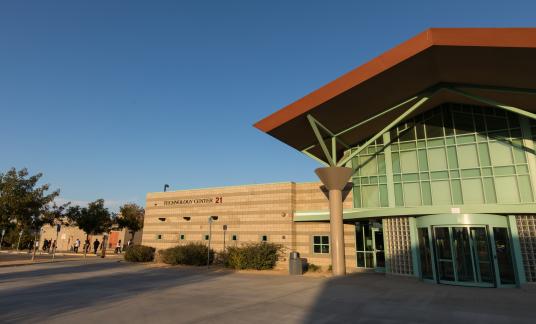









Fall 2023

VVC Registration 2023
Self-Service is your new tool to enroll in courses, check your grades, view planned courses (educational plan), and other student-related information. Follow this link to learn how to register via Self-Service: https://www.youtube.com/watch?v=1SFUjJ34q4c

CONGRATULATIONS!
VVC of Class of 2023
We celebrate your accomplishments and are excited to welcome back a traditional in-person commencement ceremony.

Your education is a step in the right direction